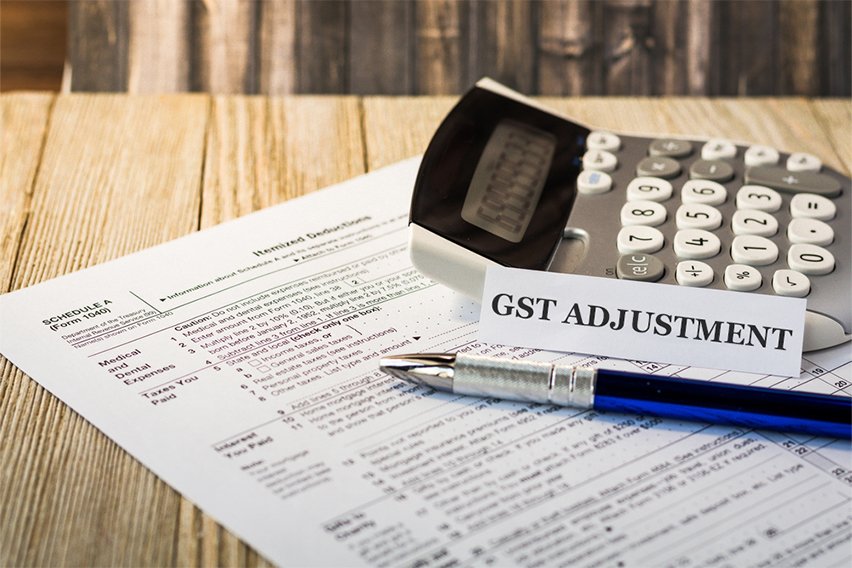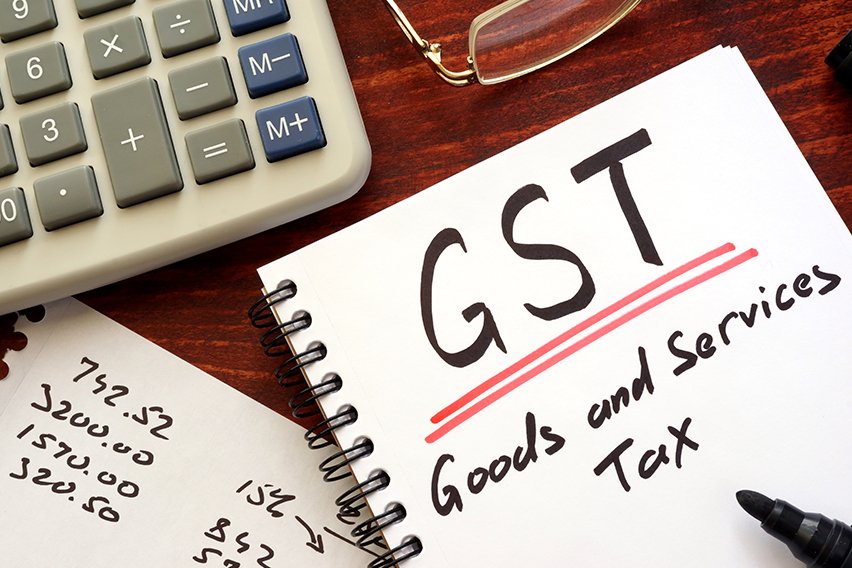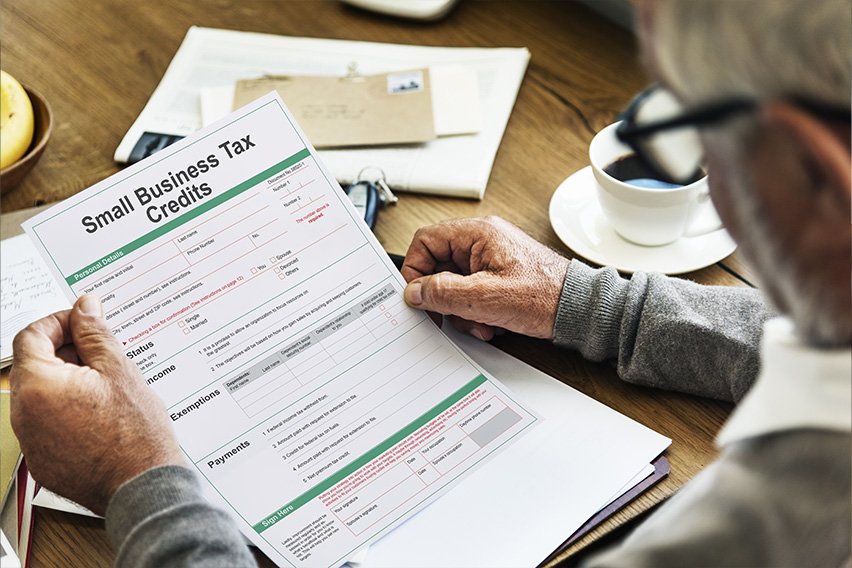How to Register for GST? A Guide

GST is a consumption tax that you will need to collect on most goods and services sold in Australia. It is not advisable to proceed with trading until you have obtained a GST number for both your business. If you fail to do so, you could risk some serious penalties.
Registering for GST is one of the most important things you can do as a business owner. You need to know what it is, how it works, and when you need to register with the government. The good news is that registering for GST isn’t overly complicated, especially if you follow this guide!
Here’s What We’ll Cover:
Does My Business Need a GST Number?
How do I Register My Business for GST?
What Are the Different GST Thresholds?
Can I Do GST Registration on My Own?
Other Important Business Requirements
What Is GST?
GST stands for goods and services tax. It is a consumption tax you will need to collect on most goods and services bought or sold in Australia. If you are running a business that engages with customers, you will need to apply for a GST number.

Does My Business Need a GST Number?
Your business will need a GST number if it is registered or required to be registered for GST. There are a few circumstances where you wouldn’t need to register, but they are quite rare so it’s best not to take the risk.
In most cases, you will have to apply for a GST number within 28 days of starting your business. This can be done by submitting an online application.
When You Don’t Need a GST Number
There are some exceptions to who needs to register for GST. If you engage in any of the following activities, you do not need to apply for a GST number. Even in these cases, you should consult a tax professional:
- You are a non-profit organisation. This includes religious groups and charities.
- You only supply low value goods that do not exceed $1,000 in value
How do I Register My Business for GST?
Your business needs to be registered for GST if you are required to. The process is quite simple. It’s best not to skip any steps as this can lead to some serious problems down the road.
- The first thing you need to do is visit ATO’s online portal.
- Follow the steps outlined in the portal
- Submit your documentation within 28 days or risk penalties.
- Once your business is registered for GST, you need to start collecting it! Failure to do so can lead to some hefty penalties.
Important GST Deadlines
Here are some important deadlines that every business must keep in mind:
- You should file your monthly activity statement (GST Return) within 28 days of the end of the relevant reporting period.
- You should lodge your Business Activity Statement (GST Return) by the 21st of the month. If this falls on a weekend or public holiday, it will be due the next business day.
If you fail to meet any of these deadlines, make sure to contact ATO as soon as possible! Failing to do so could result in further financial penalties.
What Are the Different GST Thresholds?
There are three different thresholds you need to know about. Your threshold is the minimum amount of a taxable sale or services your business needs to have before you have to start paying GST. This includes any digital service as well. Make sure not to miss any important deadlines as this could put you over your threshold and incur some serious financial penalties!
Can I Do GST Registration on My Own?
Yes! The process isn’t overly complicated and can be completed online.
While you might be tempted to just do it yourself, there are some significant benefits to hiring a professional. For one thing, they have the necessary experience that will save you time and money in the long run.
A professional can also help ensure that your registration is done according to best practices. They know what information needs to be provided and have the right forms to use.
In other words, if you want to complete your GST registration correctly and avoid any mistakes that could cost you money down the line, a professional is invaluable. They can also help set you up for success in the future by explaining what you need to do going forward.

Other Important Business Requirements
There are a number of other things you need to do as a business owner if you want to operate legally and protect your interests.
- You need to keep track of all your financial transactions and file the appropriate paperwork with ATO. This includes keeping records of all income and expenses, as well as things like GST returns, PAYG withholding statements and more.
- It’s also a good idea to keep track of your assets, in order to reduce the risk of theft. Make sure these assets are insured by taking out an insurance policy from a reliable insurer.
- Don’t forget to always pay your business income tax on time! If you don’t, not only will you face stiff penalties and fines, but interest charges will start accruing.
Key Takeaways
So there you have it! If you follow this guide, there shouldn’t be anything to worry about when it comes to registering your business for GST. As long as you submit your application before the due date, you should have nothing to worry about.
If it’s been a while since you’ve dealt with GST and registrations in general, we recommend hiring a professional to help you navigate this process and save yourself time and money in the long run.
Did you enjoy reading this guide? Head over to our resource hub for more great content!
RELATED ARTICLES

 Production Volume Variance: Definition, Formula & Example
Production Volume Variance: Definition, Formula & Example What Is Agile Estimation & 9 Techniques
What Is Agile Estimation & 9 Techniques How to Make GST Adjustments?
How to Make GST Adjustments? GST for Small Business: A Beginners Guide
GST for Small Business: A Beginners Guide What Is a Recipient Created Tax Invoice (RCTI)? Australian Taxation Guide
What Is a Recipient Created Tax Invoice (RCTI)? Australian Taxation Guide How Much Does a Small Business Pay in Taxes?
How Much Does a Small Business Pay in Taxes?